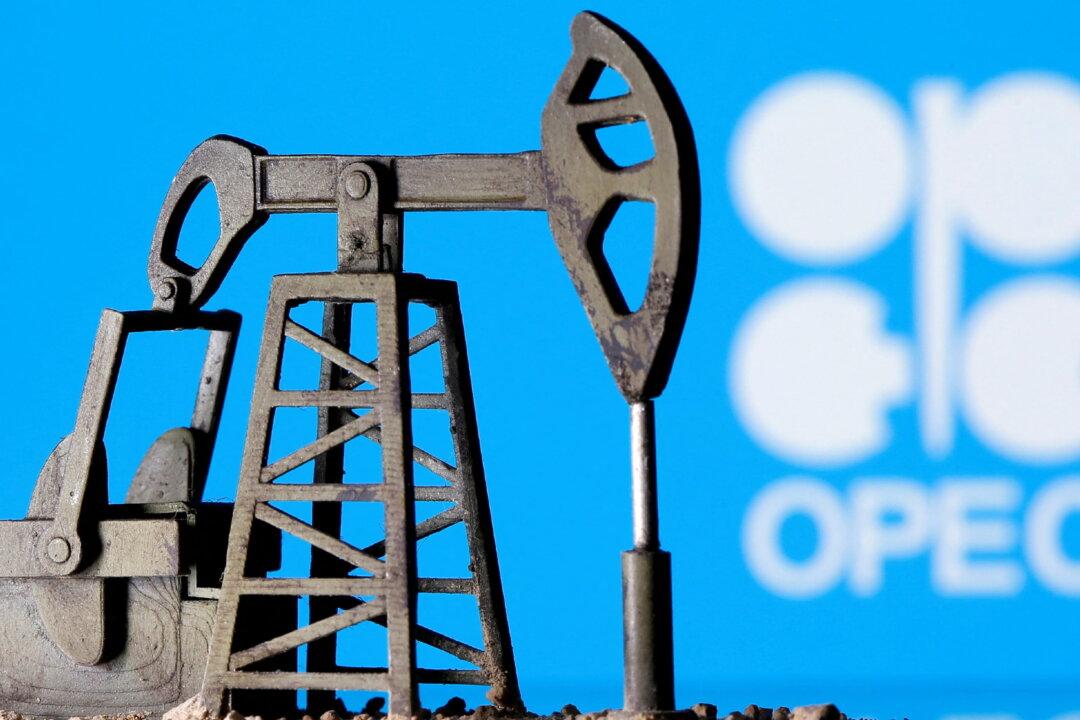Goldman Sachs Group predicts that oil will rise above $100 a barrel this year and that there could be a serious supply problem into 2024, as spare production capacity runs dry.
The sanctions against Russian oil exports and rising demand from China, as it ends its zero-COVID lockdown policy, is expected to raise prices above its current level of around $80 by the end of the year. Goldman’s chief commodity strategist Jeff Currie told Bloomberg News.





